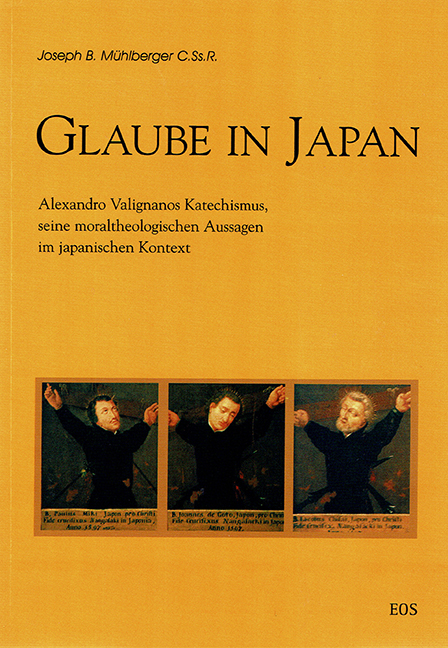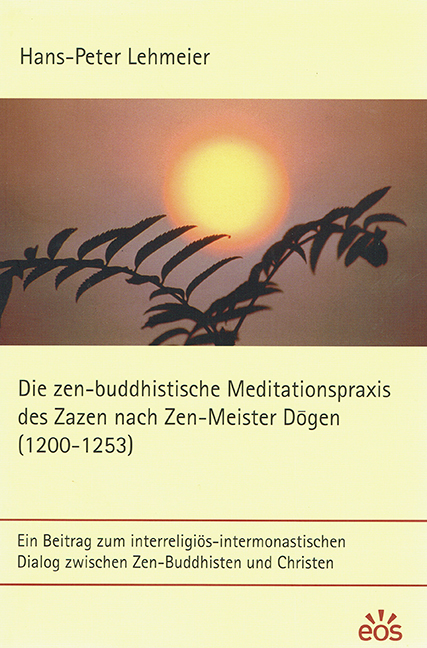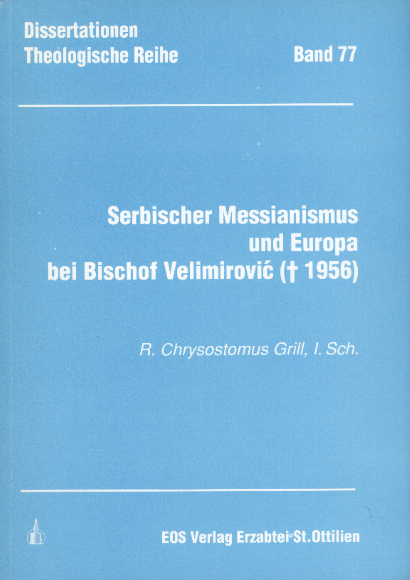Giappone
Buddhist-Christian Relations in Asia
 Cover-Download | Buddhist-Christian relations in the East differ in various respects from those in the West. The present volume offers the first comparative overview of the Buddhist-Christian encounter in six Asian countries. It focusses on the three Theravāda Buddhist countries, Sri Lanka, Thailand and Myanmar, and on Japan, Korea and China, where Mahāyāna Buddhism predominates. Outlines of the history of Buddhist-Christian relations in each of these places are complemented by the voices of Christians and Buddhists who actively participate in local dialogue efforts. The contributions to this volume illustrate and highlight specific particularities as well as commonalities regarding the problems and promises of the dialogical encounter in Buddhist Asia. Issues of religious doctrine and belief and the question of how best to relate to one another appear in a new light by being presented in the context of Asia’s historical, social, and political dynamics. With contributions from Don Baker, Bantoon Boon-Itt, Duleep de Chickera, Kenneth Fleming, Koichiro Fujita, Maria A. De Giorgi, Elizabeth Harris, Jinwol Young Ho Lee, Sung-Hae Kim, Pan-Chiu Lai, Samuel Ngun Ling, John D’Arcy May, Aye Min, U Hla Myint, Yasutomo Nishi, Martin Repp, Perry Schmidt-Leukel, Yuen-tai So, Parichart Suwanbubbha, Asanga Tilakaratne, Xue Yu.  |





